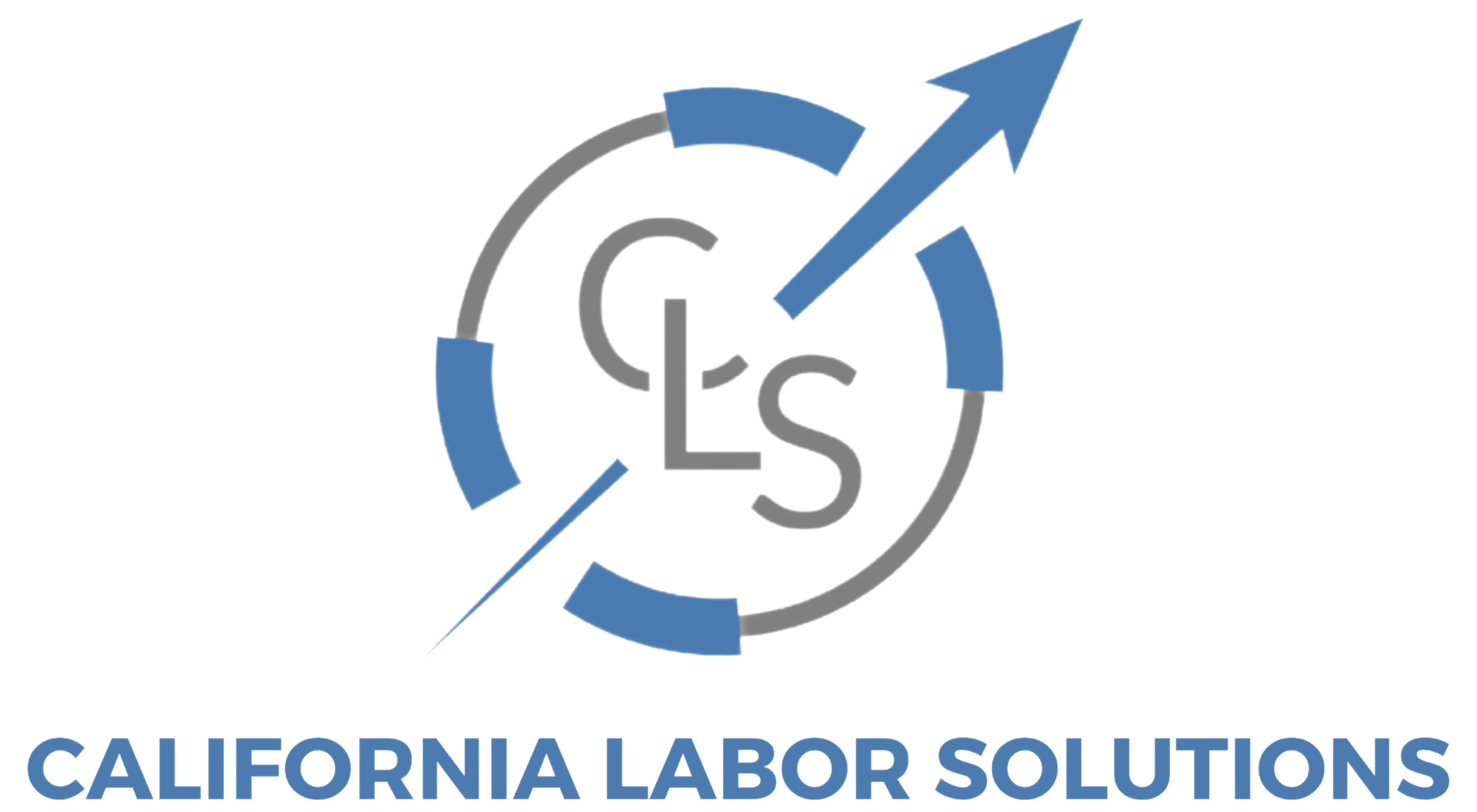Managing human resources in-house can be both time-consuming and costly. As a result, many businesses consider outsourcing HR functions to reduce administrative burdens, improve compliance, and gain access to expert guidance. However, while outsourcing HR can provide several advantages, it also comes with potential drawbacks.
Before making a decision, it is essential to evaluate the pros and cons of outsourcing HR to determine whether it aligns with your company’s needs. By carefully weighing both the benefits and challenges, employers can make an informed choice that supports business growth and operational efficiency.
Pros of Outsourcing HR
Outsourcing HR can provide businesses with cost savings, compliance support, and specialized expertise. Below are some of the key advantages:
1. Reduced Costs and Overhead
One of the biggest reasons companies choose to outsource HR is to cut costs. Managing an in-house HR department requires hiring and retaining skilled professionals, which can be expensive. By outsourcing, companies can:
- Eliminate costs related to salaries, benefits, and office space
- Pay only for the services they need instead of maintaining a full HR team
- Access affordable solutions for payroll, compliance, and employee relations
Additionally, outsourcing HR allows businesses to allocate their budget toward other essential areas, such as product development, marketing, or customer service.
2. Improved Compliance with Labor Laws
Keeping up with changing labor laws can be overwhelming, especially in states like California, where regulations frequently evolve. An experienced HR provider specializes in compliance, helping businesses:
- Stay updated on new labor laws and workplace requirements
- Properly classify employees and independent contractors
- Manage workplace investigations and enforce company policies correctly
By working with a knowledgeable HR firm, businesses can avoid costly penalties, legal disputes, and compliance issues that could otherwise create significant financial and operational setbacks.
3. Increased Efficiency and Focus on Core Business Operations
HR management involves handling employee onboarding, payroll, benefits administration, and workplace disputes. Since these tasks require significant time and effort, outsourcing allows businesses to:
- Free up time to focus on revenue-generating activities
- Reduce the administrative burden on managers and executives
- Improve efficiency by utilizing specialized HR services
Furthermore, with fewer distractions related to HR issues, business owners can devote more time to strategic planning and long-term business growth.
4. Access to HR Expertise and Advanced Technology
Many HR service providers offer specialized knowledge and advanced technology that small businesses might not have in-house. By outsourcing HR, companies can:
- Gain access to HR experts with in-depth legal and compliance knowledge
- Use sophisticated HR software for payroll processing, time tracking, and benefits management
- Implement industry best practices for performance management and employee relations
As a result, businesses can streamline HR processes while ensuring accuracy and compliance with labor laws.
Cons of Outsourcing HR
While outsourcing HR offers many benefits, there are potential challenges that businesses should consider. Some companies may face issues related to control, company culture, and data security.
1. Less Control Over HR Functions
When businesses outsource HR, they rely on a third-party provider to handle essential workforce management tasks. This can result in:
- Delays in communication between the company and the HR provider
- Limited flexibility when customizing HR policies and procedures
- Dependence on an external firm for employee-related decisions
To address these concerns, it is essential to establish clear expectations and maintain open communication with the HR provider.
2. Potential Disconnect from Company Culture
HR plays a vital role in shaping and maintaining company culture. When HR functions are outsourced, employees may feel disconnected from the decision-making process. Some potential challenges include:
- Less personalized employee support and engagement
- Difficulty in ensuring outsourced HR policies reflect company values
- Reduced internal oversight of hiring, training, and workplace investigations
Therefore, businesses should ensure their HR provider aligns with their company’s culture and core values to minimize potential disruptions.
3. Data Security and Confidentiality Risks
Since HR providers handle sensitive employee information, data security must be a top priority. Some risks include:
- Exposure of confidential employee records if security measures are insufficient
- Potential data breaches if the HR provider lacks robust cybersecurity protocols
- Compliance concerns if personal data is mishandled
To minimize these risks, businesses should work with HR providers that prioritize data protection, use secure systems, and adhere to strict confidentiality policies.
Is Outsourcing HR Right for Your Business?
Ultimately, the decision to outsource HR depends on a company’s size, budget, and specific needs. To determine whether outsourcing is the best solution, businesses should:
✅ Assess their current HR challenges and operational gaps
✅ Compare the costs of in-house HR vs. outsourcing
✅ Research HR service providers to find a reliable and experienced partner
✅ Consider a hybrid approach, outsourcing specific HR functions while keeping others in-house
By carefully evaluating these factors, businesses can make a well-informed decision that aligns with their long-term goals and operational requirements.
California Labor Solutions: Your Trusted HR Partner
At California Labor Solutions, we help businesses navigate HR challenges while ensuring compliance with California labor laws. Whether you need workplace investigations, HR consulting, or compliance support, our experts provide tailored solutions to meet your needs.
For professional HR guidance, visit www.californialaborsolutions.com today.

